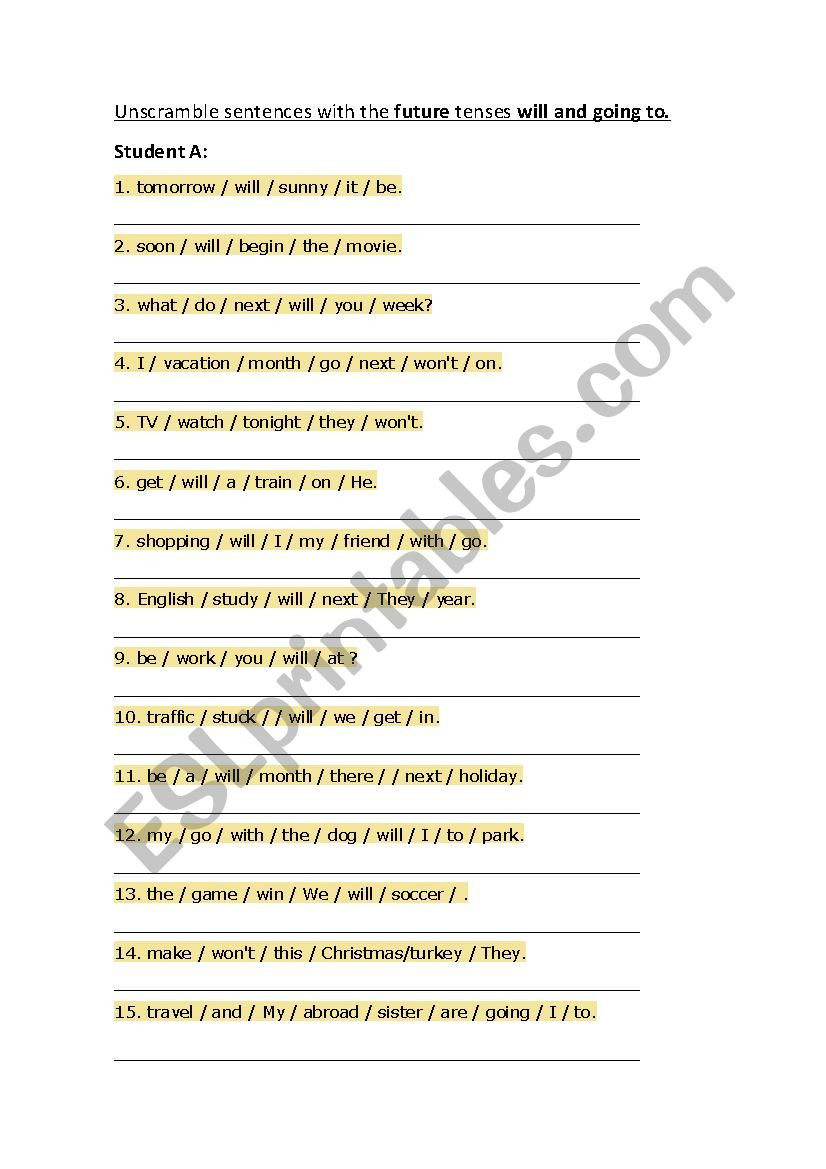

For example, if you enter the letters “ha d”, it will return a list of words that fit in “ha d”.įinally, we want to provide you with a list of 9-letter words that end in “all”. This tool allows you to enter a set of letters and returns all possible words that can be made from those letters. One such tool is the Unscramblerer tool (). An unscrambler tool takes a set of letters and returns all possible words that can be made from those letters. If you’re ever stuck on a word game and can’t come up with any words that fit in a certain pattern, you can use an unscrambler tool to help you out.

For example, if a function is causing errors or not working properly, it can be described as a “misfit” function. These words can be used to describe a function or algorithm that doesn’t fit in with the rest of the program. Next, we want to provide you with a list of words related to “don’t fit in” that can also be used in programming language.

For example, the “fitness function” is a commonly used term in genetic algorithms. These words can be used in various programming languages to describe the fitness of a function or algorithm. In addition to the list of words that fit in “ha d”, we also want to provide you with a list of words containing “fit” that can be used in programming language. Finally, we print out the list of words that fit in “ha d”. If it meets these conditions, we add it to our list of words. We then loop through each word and check if it contains the letters “h”, “a”, and “d” and has a length of 4.
#DECIBEL UNSCRAMBLE CODE#
In this code example, we are reading from a file called “dictionary.txt” which contains a list of words. append ( word ) return words print ( find_words ()) strip () if len ( word ) = 4 and 'h' in word and 'a' in word and 'd' in word : words. Now that we have the list of words, let’s move on to the code example that will help us find all words that fit in “ha d”.ĭef find_words (): words = with open ( 'dictionary.txt', 'r' ) as f : for line in f : word = line.


 0 kommentar(er)
0 kommentar(er)
